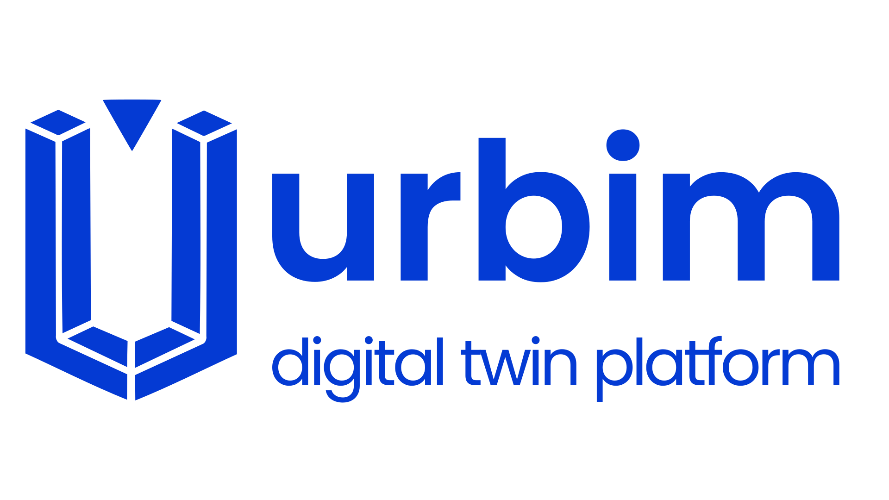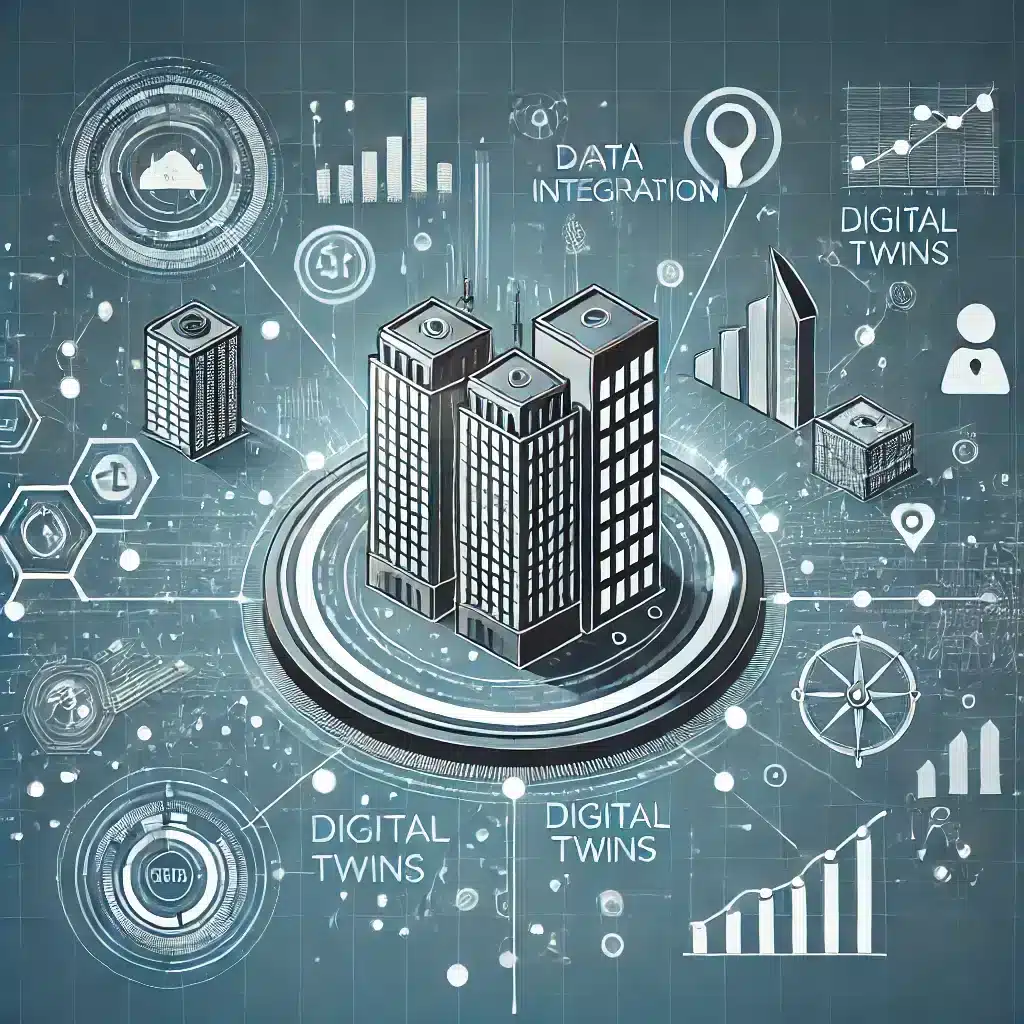In the competitive landscape of hospitality and property management, delivering a superior user experience is crucial. The integration of data and the use of digital twins offer innovative ways to meet and exceed the expectations of guests and tenants. Let’s explore how these technologies can revolutionize user experience and provide significant benefits for hotel and building managers.
? The Power of Data Integration
Data integration involves consolidating information from various sources to create a unified view. This approach is essential for understanding user behavior, preferences, and needs. For instance, by integrating data from booking systems, customer feedback, and in-room services, hotels can gain comprehensive insights that drive personalized experiences.
According to a study by Smith & Jones (2020), businesses utilizing data integration report a 30% increase in customer satisfaction. This improvement is due to the ability to tailor services to individual preferences, enhancing overall user engagement [source].
? Leveraging Digital Twins for User Interaction
Digital twins are virtual replicas of physical assets, systems, or processes. These digital models can simulate, predict, and optimize performance in real-time. In the context of user experience, digital twins provide several key benefits:
- Predictive Maintenance: Digital twins can forecast maintenance needs, ensuring facilities remain in top condition, thereby enhancing user satisfaction.
- Personalized Environments: By integrating sensor data, digital twins can adjust settings such as lighting and temperature to match individual preferences, creating a more comfortable experience.
- Operational Efficiency: Digital twins optimize resource use, leading to cost savings and sustainable operations.
? Case Study: Improving Tenant Experience with Smart Technologies
Consider a leading real estate company that implemented data integration and digital twin technology. By consolidating data from building management systems, tenant feedback, and IoT sensors, they developed a digital twin of their property portfolio. This digital model provided real-time insights into building performance and tenant behavior.
The results were impressive: a 25% increase in tenant satisfaction and a 20% reduction in operational costs (Doe & Smith, 2021). This success underscores the transformative potential of these technologies [source].
? Challenges and Considerations
While the advantages are clear, implementing data integration and digital twins comes with challenges:
- Data Security: Protecting user data is paramount. Robust security measures must be in place to prevent breaches.
- Integration Complexity: Combining data from diverse sources requires advanced platforms and expertise.
- Continuous Improvement: Staying updated with technological advancements is essential to maximize benefits.
? Conclusion
Integrating data and utilizing digital twins provide powerful opportunities to enhance the end-user experience. By delivering personalized, efficient, and responsive services, hotels and property managers can significantly improve satisfaction and loyalty. Overcoming the associated challenges is crucial to fully realize these benefits.
? Call to Action
CREATE-INTEGRATE-MANAGE. Ready to transform your user experience with data integration and digital twins? Book a meeting with us to learn how we can help you implement these cutting-edge technologies and stay ahead of the competition.
Get Started
For further reading, explore these academic articles and case studies:





